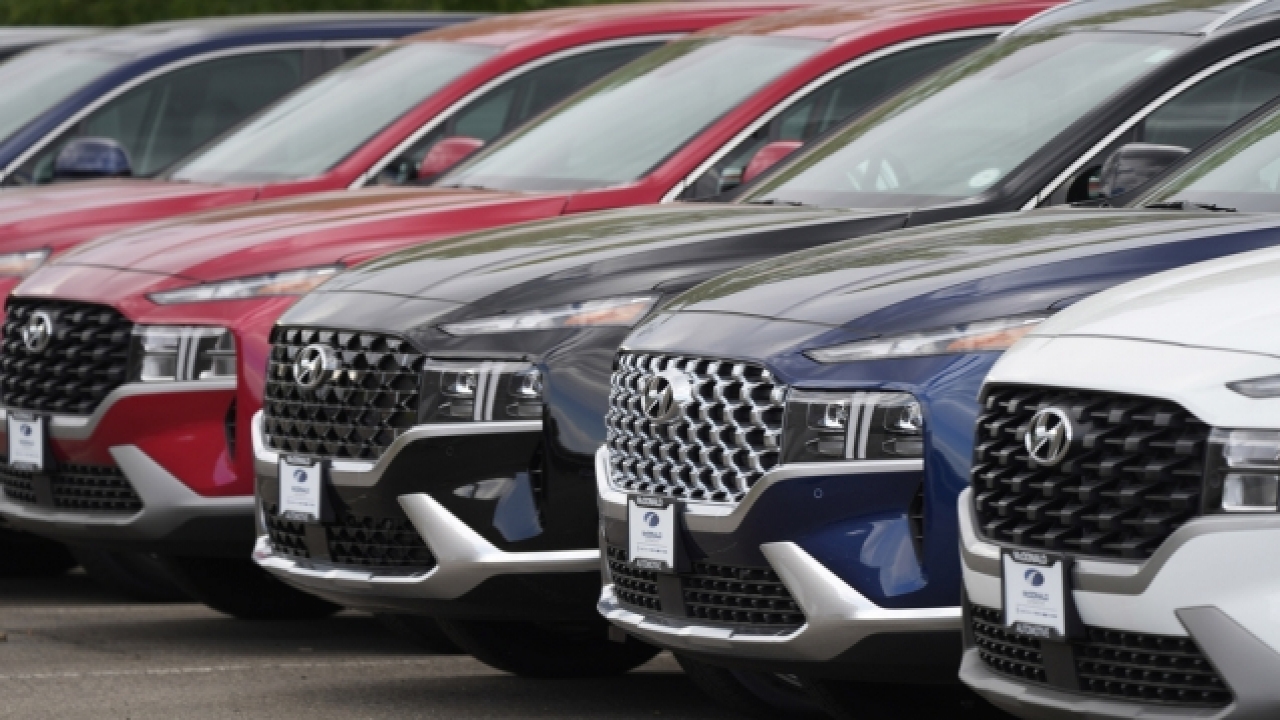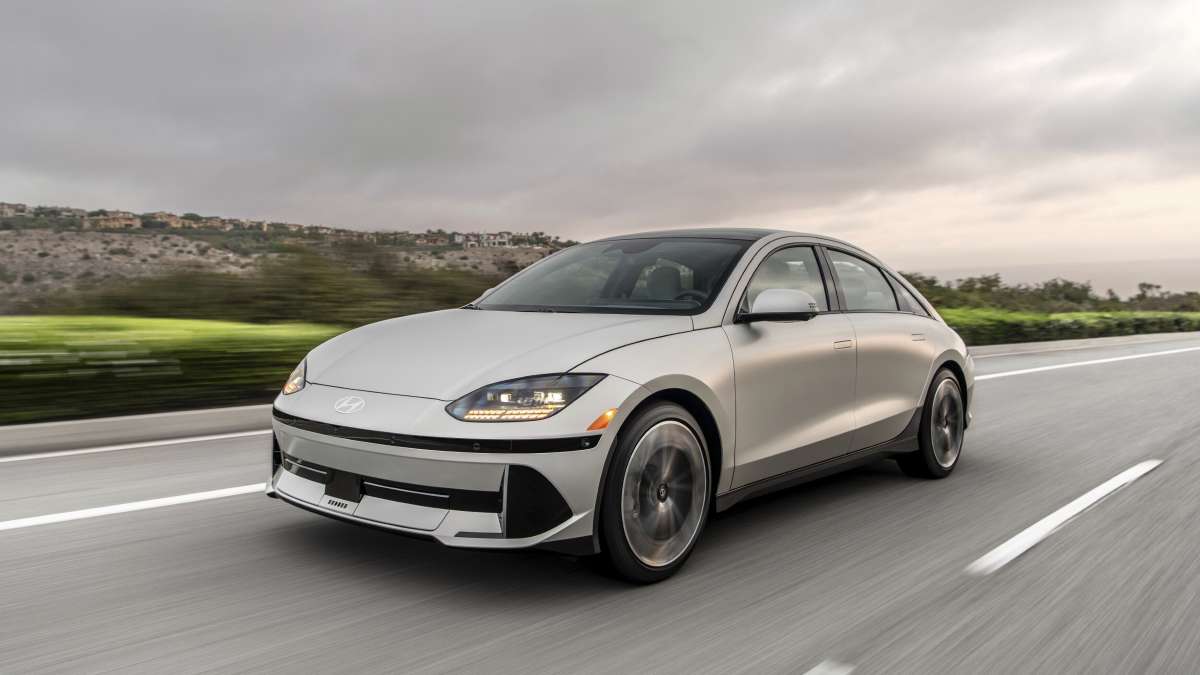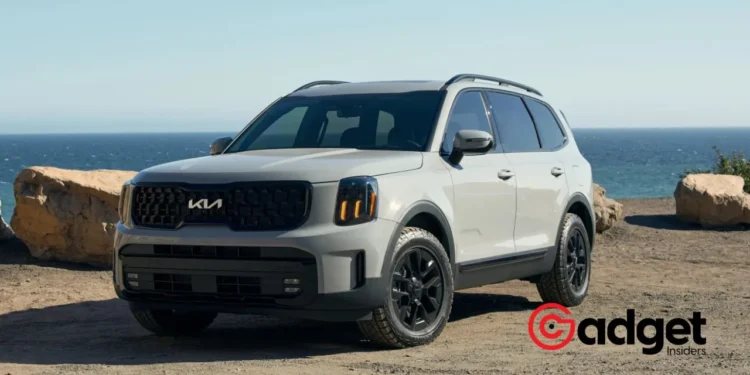In an automotive industry where innovation and safety are paramount, Hyundai and Kia have found themselves at a crossroads. The South Korean automotive giants announced a recall involving 3.4 million vehicles in the US due to a fire risk, a situation that has put consumer safety in the spotlight and tested the trust between the brands and their customers.

A Call to Action: The Unresolved Recall
In September, the news broke that Hyundai and Kia were recalling millions of vehicles dating from 2010 to 2017, including popular models such as the Santa Fe, Elantra, Sportage, and Forte. The reason? A significant risk that these vehicles could catch fire.
Owners were advised to park their vehicles outdoors, away from structures, to mitigate the risk of damage in the event of a fire. However, six months down the line, a staggering number of these vehicles remain unrepaired, leaving many to question the efficacy of the recall process and the safety of the vehicles on the road.
The Root of the Recall
The delay in repairs has been attributed to a parts shortage, specifically fuses designed to reduce electrical currents on circuit boards connected to brake fluid leaks. This issue, while seemingly technical, underscores a more significant challenge in the automotive industry: the balance between rapid innovation and the maintenance of rigorous safety standards.
Hyundai and Kia have maintained that the vehicles are safe to drive, advising owners to be vigilant for dashboard lights or burning odors that may indicate a problem.
Despite the reassurances, the situation has sparked concern among safety advocates and vehicle owners alike. The potential for brake fluid leaks to impair braking ability, coupled with the risk of fire, presents a significant safety risk, prompting calls for swift action to address the issue comprehensively.
In September, Hyundai and Kia issued a recall of 3.4 million of its vehicles in the U.S. with an ominous warning.
Six months later, most of those autos remain on the road — unrepaired. https://t.co/rXGKxFpwoB
— ABC News (@ABC) April 1, 2024
Addressing the Concerns: A Commitment to Safety
Both Hyundai and Kia have faced criticism for their handling of the recall. Critics argue that the focus on cost-effective fixes, such as the installation of fuses, may not adequately address the root causes of the safety risks.
In response to over 500 complaints from concerned owners awaiting repairs, there have been calls for the National Highway Traffic Safety Administration (NHTSA) to expedite the repair process and provide affected owners with loaner vehicles as an interim solution.
The recall of brake control modules manufactured by Mando, a South Korean supplier, has further complicated the situation, leading to an investigation by the NHTSA into the validity of the recalls and the adequacy of the companies’ responses.
Despite these challenges, Hyundai and Kia have expressed their commitment to accelerating the repair process and reassuring owners of their dedication to safety. The situation underscores the importance of rapid and effective resolution in restoring consumer trust and affirming the brands’ reputation for safety and reliability.

Beyond the Recall of Hyundai and Kia
Amidst the recall saga, both Hyundai and Kia have not lost sight of the future. Hyundai’s unveiling of the revamped 2025 Tucson SUV at the New York International Auto Show showcases the brand’s commitment to innovation, design, and eco-friendly powertrain strategies.
Meanwhile, Kia’s focus on electric vehicle (EV) manufacturing, including the introduction of the Kia PV5 at CES 2024, signals a forward-looking approach to sustainable transportation.
As Hyundai and Kia navigate the challenges presented by the recall, their efforts to innovate and prioritize safety will be critical in shaping the future of the automotive industry. The saga serves as a reminder of the delicate balance between advancing automotive technology and ensuring the safety and trust of consumers worldwide.










